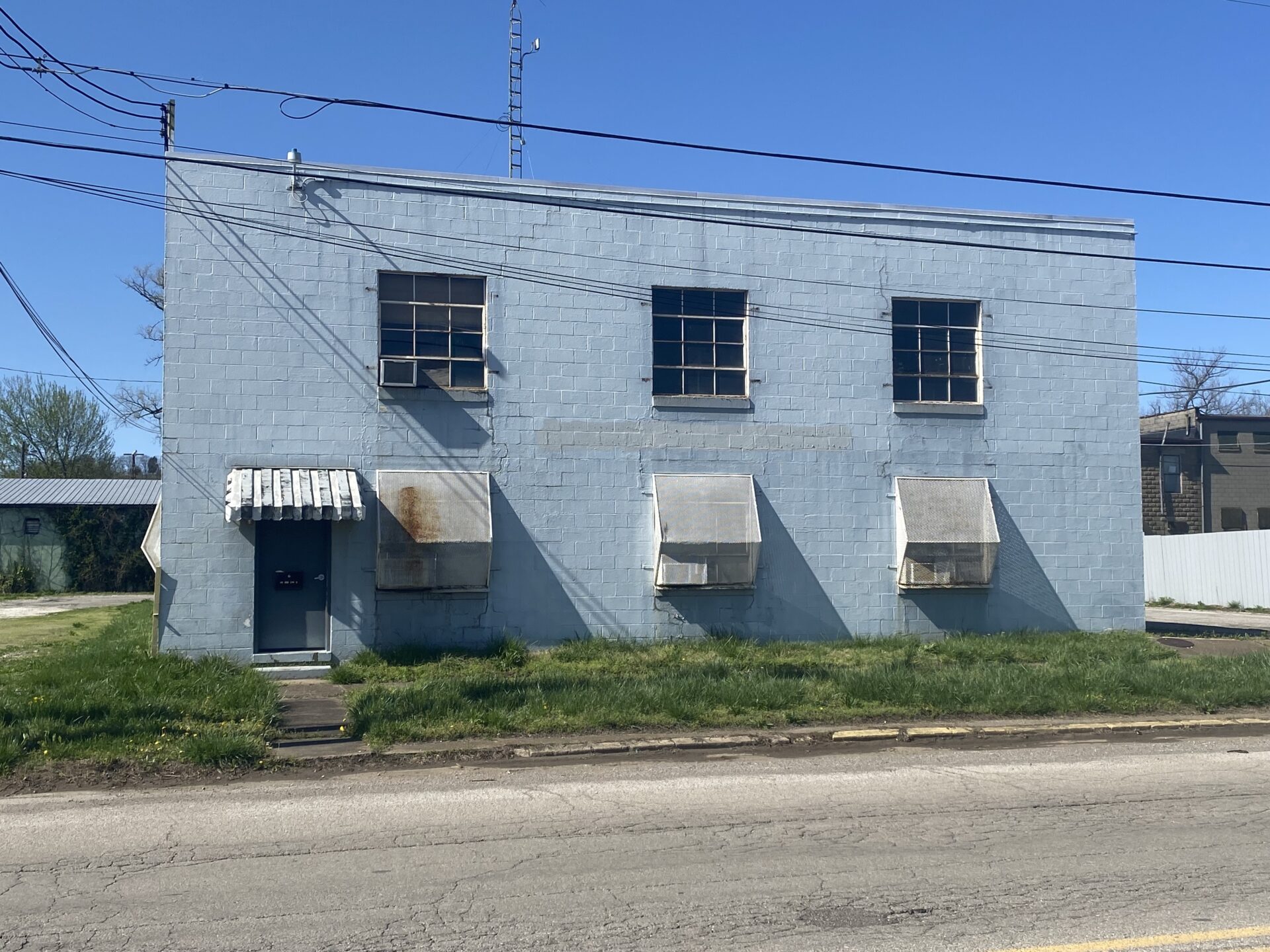Updated on April 29, 2025 at 10:45 a.m.
Monday evening, the Huntington City Council approved a resolution submitted by Mayor Patrick Farrell to fund a newly proposed, unique homeless shelter.
The plan calls for the city to steer the remainder of funds allocated for this fiscal year, plus another $350,000 for FY 2026, away from the Huntington City Mission’s low barrier emergency facility and toward the new shelter instead.
Early in this, his first term, Farrell parted ways with helping fund the mission’s low barrier shelter – which welcomes those troubled with overt mental illness or active addiction. The new mayor had concerns about the mission’s converted chapel, and its proximity to the central business district.
The new shelter will be housed in a shuttered old West End public works building at 96 West 3rd Avenue. The area is dominated by local businesses with little residency. It will operate as a public-private partnership, led by Valley Health Systems, which will lead construction and equipment work. The resolution allows Huntington to spend no more than $1 million for construction, renovation and equipment for the last-ditch shelter.
Last year the city mission broke ground on a new low barrier shelter. With its loss of city-facilitated staff funding, the end game of that project remains up in the air.
Valley Health Physician Sydnee McElroy said in a recent press conference that the new homeless refuge will eventually provide those in need with much more than an overnight shower, hot meal and change of socks.
“You’re also going to be able to access the absolute best in health care services,’” McElroy said. “Along with behavioral health services, recovery Services, meet with peers who can help you in that next step when you’re ready in your recovery journey. Meet with behavioral health counselors who can help you manage your serious mental illness. Meet with case managers and social workers who can help you meet those next needs when you actually become housed, to keep you from getting evicted.”
McElroy believes a vibrant, shelter-operating partnership will show there is much more the community can do to battle local homelessness.
“I will tell you that a lot of the time, the barriers to members of our community accessing all their needs are things like political barriers, financial barriers, bureaucracy, bias,” she said.
The low barrier shelter funding stems from the city’s share of opioid settlement monies, delivered by the West Virginia First Foundation. The resolution says the city will reimburse Valley Health for its expenses using those funds.
**Editor’s note: This story was updated to reflect the results of the council vote.
